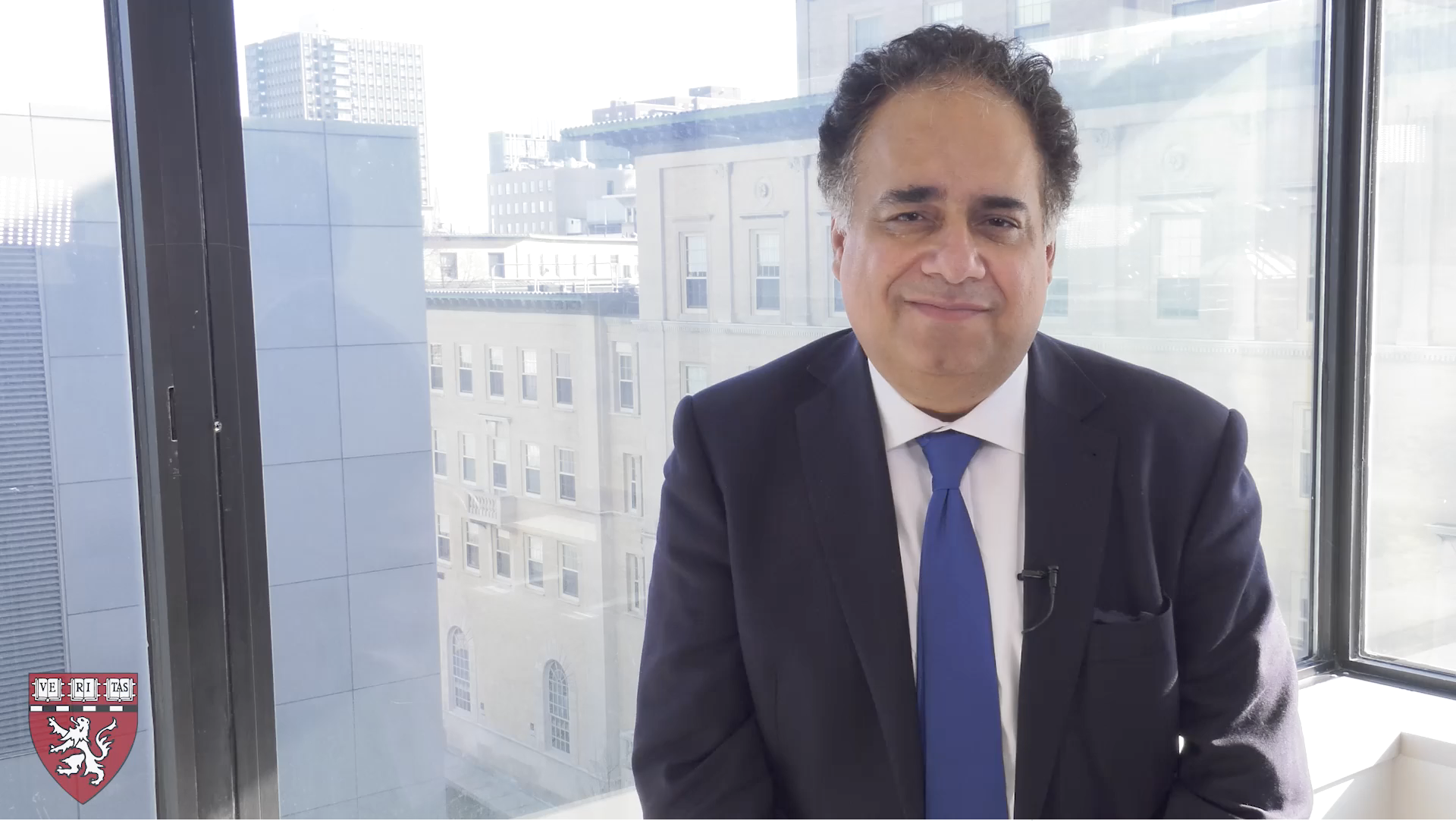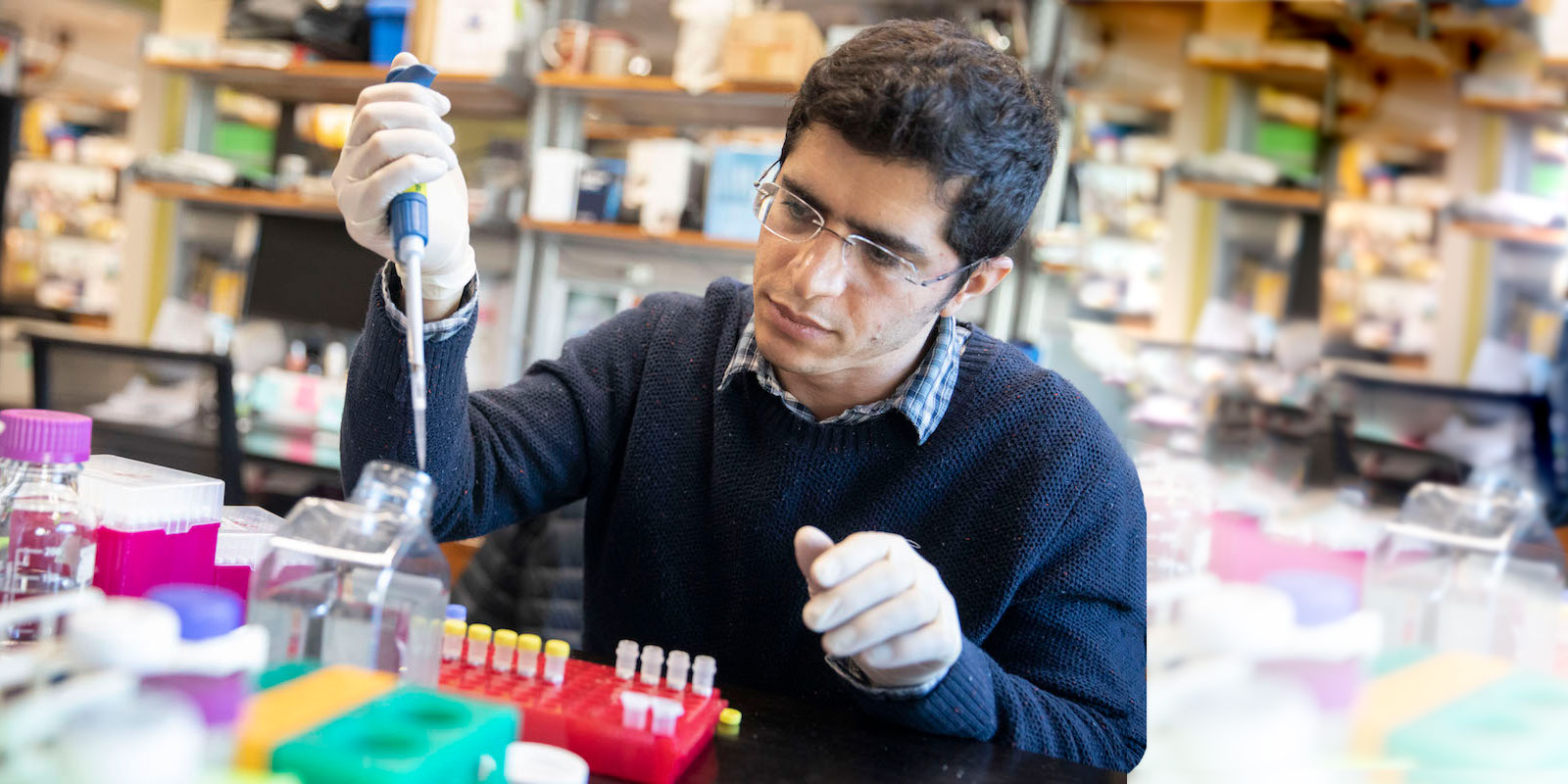Women Leading the Future of Health Care: Breaking Barriers
Join Harvard Medical School on Thursday, March 27, 4:00-5:00 PM ET for an inspiring webinar on women’s leadership in health care. Hear from distinguished women leaders as they share insights, strategies, and personal journeys to help you elevate your career.

Program Overview with Ajay Singh

